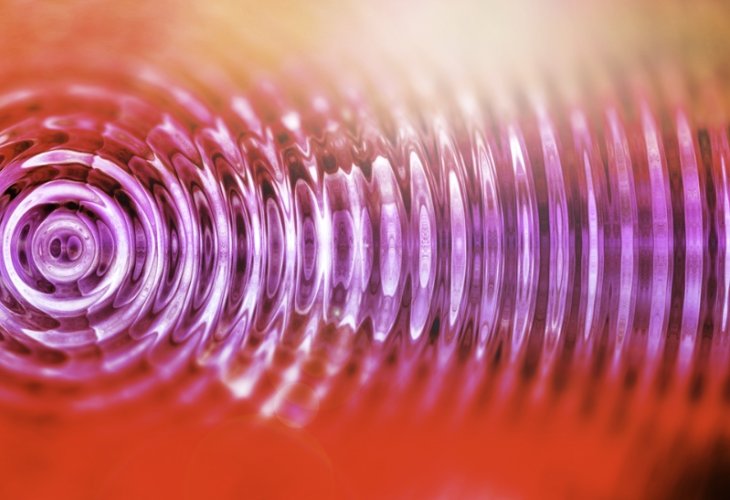Why Empty Rooms Echo More
What is an echo and why does it keep coming back to us? And is it true that ducks don't echo?
 (Photo: shutterstock)
(Photo: shutterstock)When we look into a mirror, we see a reflection – light rays hitting the mirror and bouncing back to us.
Sound waves behave similarly – when they hit a wall or similar surfaces, they bounce back to us. This is essentially an echo.
Inside a tunnel, you might hear your voice echo several times. That's because sound waves hit walls, echo, and then hit the opposite wall repeatedly until the echo weakens and fades away.
In fact, any object sound waves hit "absorbs" some of the sound and returns part of it. The softer or rougher a surface, the more sound it absorbs and the less echo it returns. Hard, smooth surfaces absorb less sound, reflecting most of it back, which is why an empty room has more echo than a fully furnished one. Similarly, rooms with wall carpets have less echo than regular rooms.
When constructing a music studio, for instance, special carpeting is used to absorb sound and prevent echo that could interfere with recordings.
There's a myth claiming a duck's quack doesn't echo. Scientists have tested this and found that a duck's quack does indeed echo like any other sound. However, the specific "quack" sound produces a type of masking effect, which weakens the heard echo compared to other sounds.
Different animals utilize echo for navigation – a technique known as "sonar." Bats use it in the air, for instance, and dolphins in the sea. They emit very high-frequency sound waves – inaudible to humans – and identify nearby objects, like insects or prey, using the returning echo.

